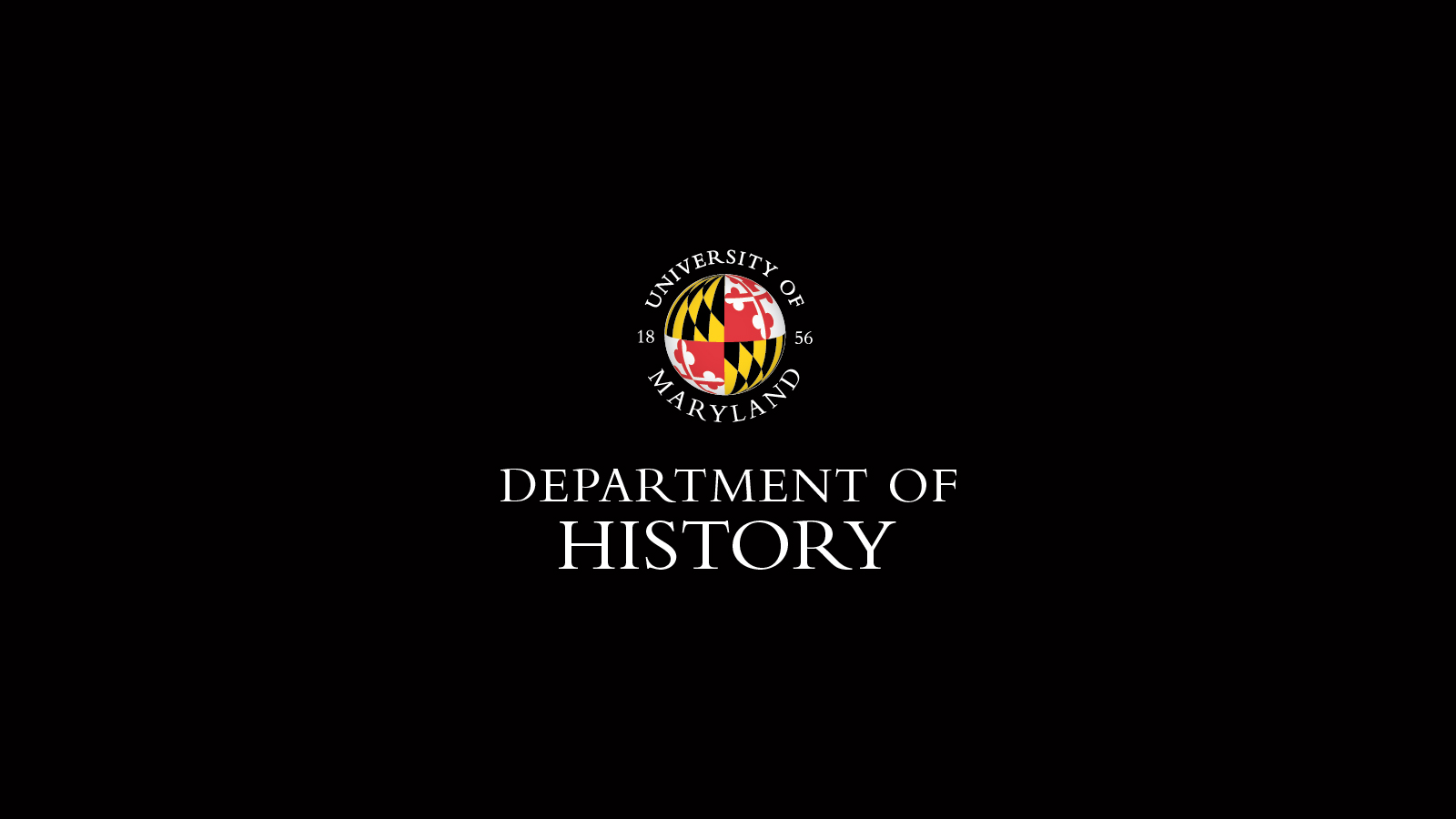Press Release: Making Dc Sizzle: A Celebration Of Washington’S Creative Innovators
October 12, 2011

ARHU's Ira Berlin to be honored at the 2011 Distinguished Service to the Humanities Awards.October 13, 2011 ● 6:30 - 8:30pm
ARHU's Ira Berlin to be honored at the 2011 Distinguished Service to the Humanities Awards.
October 13, 2011 ● 6:30 - 8:30pm
Tickets are on sale now for The Humanities Council of Washington DC's Distinguished Service to the Humanities Awards! Making DC Sizzle: A Celebration of Washington's Creative Innovators, will be moderated by WAMU 88.5's Kojo Nnamdi and features a diverse panel of awardees who have increased national awareness of some of Washington's greatest achievements in our current creative culture. Tickets are $100 and can be purchased in one of three easy ways:
Purchase online at: http://hcwdc2011celebration.eventbrite.com/
Email: elucero@wdchumanities.org
Call: 202-387-8391
The evening will include a sampling of comfort foods and ambient live jazz. It's a rare opportunity to hear DC's art gurus and scholars discuss the city's distinguished creative life, and their visions of the next great cultural innovations. Our honorees are always finding new ways to make DC sizzle!
Honoree Bios Professor Ira Berlin (American Historian) is a Distinguished University Professor at the University of Maryland, and a past President of the Organization of American Historians. His first book, Slaves Without Masters: The Free Negro in the Antebellum South, was awarded the Best First Book Prize by the National Historical Society. In 1999, Berlin authored the groundbreaking study Many Thousands Gone: the first two centuries of slavery in America, which challenged the monolithic view of American slavery as plantation-based, Southern, and Christian. After decades of studying and documenting first hand narratives of the slave experience, Berlin argued that African Americans' lives were as varied and changing as the world in which they lived. Berlin's work documenting the slave experience continues at the University of Maryland as the Freedmen and Southern Society Project .
Charles Fishman (Founder, DC Jazz Fest) though a native of Brooklyn, NY, is D.C.’s jazz man. Mr. Fishman formerly managed jazz legend Dizzy Gillespie, and has produced major projects at a host of well known DC venues such as the Kennedy Center, the National Mall, and the Lincoln Theatre. Several years ago, recognizing the importance of jazz in the tapestry of DC's history and culture, Fishman helped found D.C.’s annual Duke Ellington Jazz Festival which was recently renamed the DC Jazz Festival.
Tony Gittens (Founder, Washington International Film Festival also known as FilmFestDC) has promoted Washington, DC culture since he edited the student newspaper at Howard University as an undergraduate. Filmfest DC grew out of the University of the District of Columbia's Black Film Institute, an organization founded by Gittens in the 1970s. Under Gittens leadership, the festival has thrived and expanded for over 25 years, and has brought an inspiring international cultural experience to DC residents. Though highly regarded locally, nationally, and internationally, Filmfest DC is accessible to everyone as ticket prices remain much lower than comparable cinematic events in other cities. Gittens was the Director of the DC Commission on the Arts and Humanities for11 years, where he significantly contributed to the organization's reputation as a promoter of publicly accessible art.
Philippa P.B. Hughes (Founder, Pink Line Project) is a native of Richmond, Virginia and a former lawyer. Events produced by the Pink Line Project make art fun, unpredictable, and accessible in all corners of the District. Hughes meshes culture with innovation whether hosting events in abandoned warehouses, old store fronts, museums or even on someone’s front lawn, she makes sure everyone has a chance to see the city’s full artistic potential. Her panel discussions have resurrected a new level of cultural discourse, and champion the power and pleasure of the arts in the nation's capital.
Sharon Percy Rockefeller, (President and CEO of WETA) has led Washington’s flagship public television and radio station for over 20 years. During that time, she has been honored by the National Endowment for the Humanities, Washingtonian Magazine, and Women in Film and Video. Under her watch, WETA has overseen the production of acclaimed television series such as The WETA Guide, WETA All Access, and Washington in the 60's (70's); and films such as Ken Burns Civil War, DC Baseball: You've Gotta Have Heart, and Frederick Douglass: When the Lion Wrote History. Rockefeller's contributions to the humanities in the greater DC region go beyond her involvement in public television; she has been a tireless supporter of education and the arts.
Howard Shalwitz (Founder and Artistic Director, Woolly Mammoth Theatre Company)In 1978,Shalwitz brought a new kind of theater to America’s attention. By breaking away from the traditional formula of solely producing New York hits and classics, and entering into a world of new age innovation and direction. Woolly’s most recent play, Clybourne Park, earned ten Charles MacArthur awards including Outstanding Director and Outstanding New Play. Under Shalwitz’s direction, Woolly engaged in community conversations, hosting a conference called "Who's In Your Circle? Theatre, Democracy, and Engagement in the Twenty-First Century,” which sparked a national conversation about theater’s role in Washington DC’s civic discourse.
Moderator Kojo Nnamdi (Host of The Kojo Nnamdi Show) moved to the United States from Guyana in 1968 to attend college and participate in the Civil Rights Movement. Named “Washingtonian of the Year” by Washington Magazine, Nnamdi’s provocative insights and edgy questions leave his listeners begging for more of his dialogue. Nnamdi’s topics range from current events, political issues, social policy, art and science and encourage dynamic cultural conversations.

